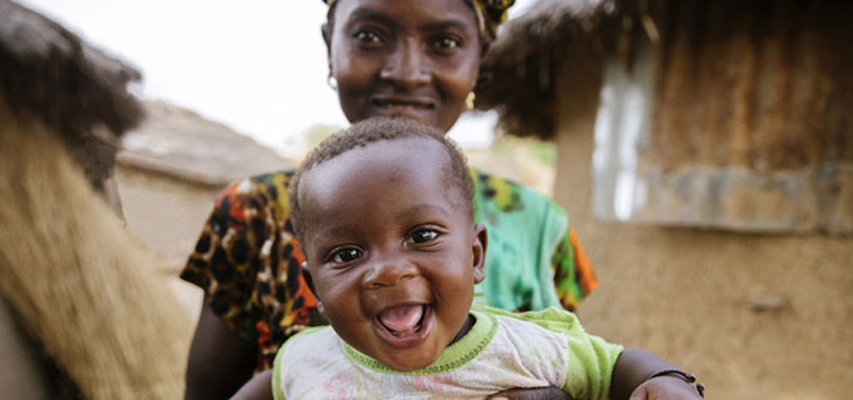
Makueni is a mainly rural county in southeast Kenya, with a population of approximately a million people.
It borders Kajiado, Machakos, Kitui and Taita-Taveta counties.
From May to September 2016, the county initiated a pilot programme titled MakueniCare. The focus of MakueniCare was senior citizens over 65 years of age for whom it reimbursed expenses incurred on healthcare at county hospitals.
Since 2018, the county expanded this to cover all residents and adopted a target of spending 30 percent of its budget on health, which allows for financing of the scheme.
Allocations increased from Ksh200 million in FY 2016/17 to Ksh300 million in FY 2018/19 (Kibwana, 2018).
MakueniCare aims at addressing financial barriers to healthcare. Under this model, the county government guarantees and provides a set of essential curative, promotive and rehabilitative services within county facilities free of charge.
A resident must register as a principal beneficiary or as a spouse or dependent (below 18 years, except if school-going, then up to 24 years), and pay Ksh500 per household annually as registration fee.
Since October 2014, Makueni has been offering its one million residents free healthcare across all its public facilities.
“When we took over in 2013, we realised that 40 percent of the people of Makueni would sell land and exhaust family income to pay medical bills for relatives,” says the Makueni Governor, Prof Kivutha Kibwana.
Given that medical services in dispensaries and health centres were already paid for by the national government, the county government figured that if it doubled the Ksh100 million that its Level Four sub-county hospitals were collecting in user fees, it could offer free healthcare.
Thus MakueniCare was conceived. It piggybacks on the national government’s free primary healthcare policy and the national coverage provided by NHIF to plug financial gaps with the aim of providing seamless cover. Services offered include primary healthcare, inpatient care and ambulatory services. If the residents are also subscribed to NHIF, they can access free care at referral facilities outside the county.
The Level Four hospitals provide free care and bill the county government, which also supplies them, as well as the primary healthcare facilities, with drugs, equipment and medical staff.
The county government also invested in expanding facilities, including an additional 113 dispensaries and health centres, and has more than doubled the number of health facilities.

Dr Cyrus Matheka, head of the county’s Health Promotion Services, said MakueniCare took two years to plan and was preceded by a programme offering free care to those over 65 years without a requirement for registration.
Within that time, the county government invested in expanding facilities, from dispensaries and health centres to sub-county hospitals, and has continued to do so. In less than five years, it has more than doubled the number of health facilities built over the past 50 years. This has reduced the average distance to a health facility from 9km to 5km.
The county also boasts 13 Level Four hospitals and has employed 160 doctors, compared with just 38 doctors and three hospitals in 2013.
At Ksh2.3 billion, health is the county’s single largest budget item. Other free services offered include hospital admission, surgical procedures, X-ray imaging, laboratory testing, dental and counselling.
Even in death, members benefit from 10 days of free mortuary services.
However, the cover does not apply to specialised care and equipment that are not available at the hospitals, including dialysis for patients suffering from kidney problems, intensive care units, implants, and auxiliary devices such as wheelchairs. Also, the county government is at risk of diverting resources from primary and preventive care, as individuals seek services for minor complaints.
In addition, an influx of people from neighbouring counties could strain the county resources.
